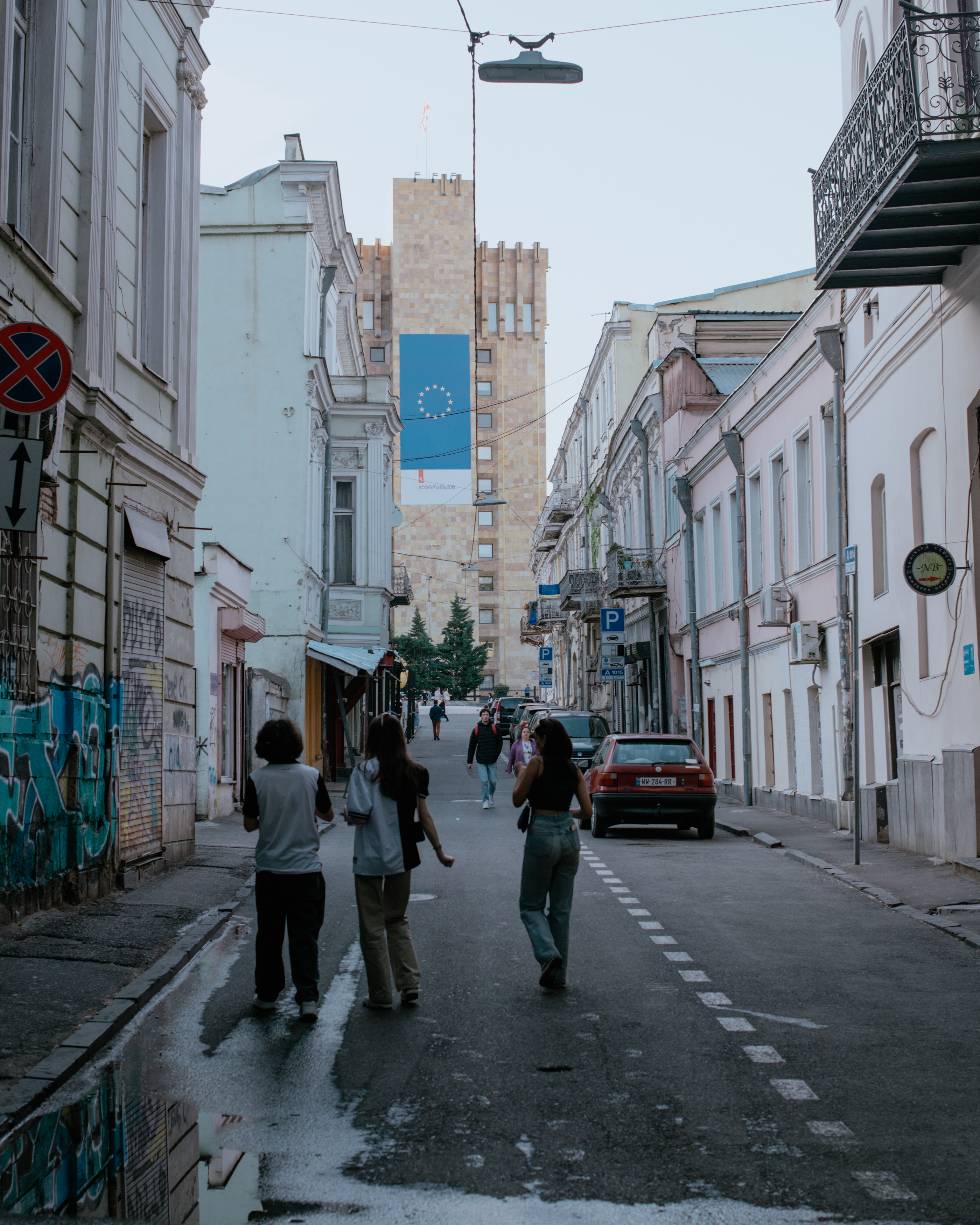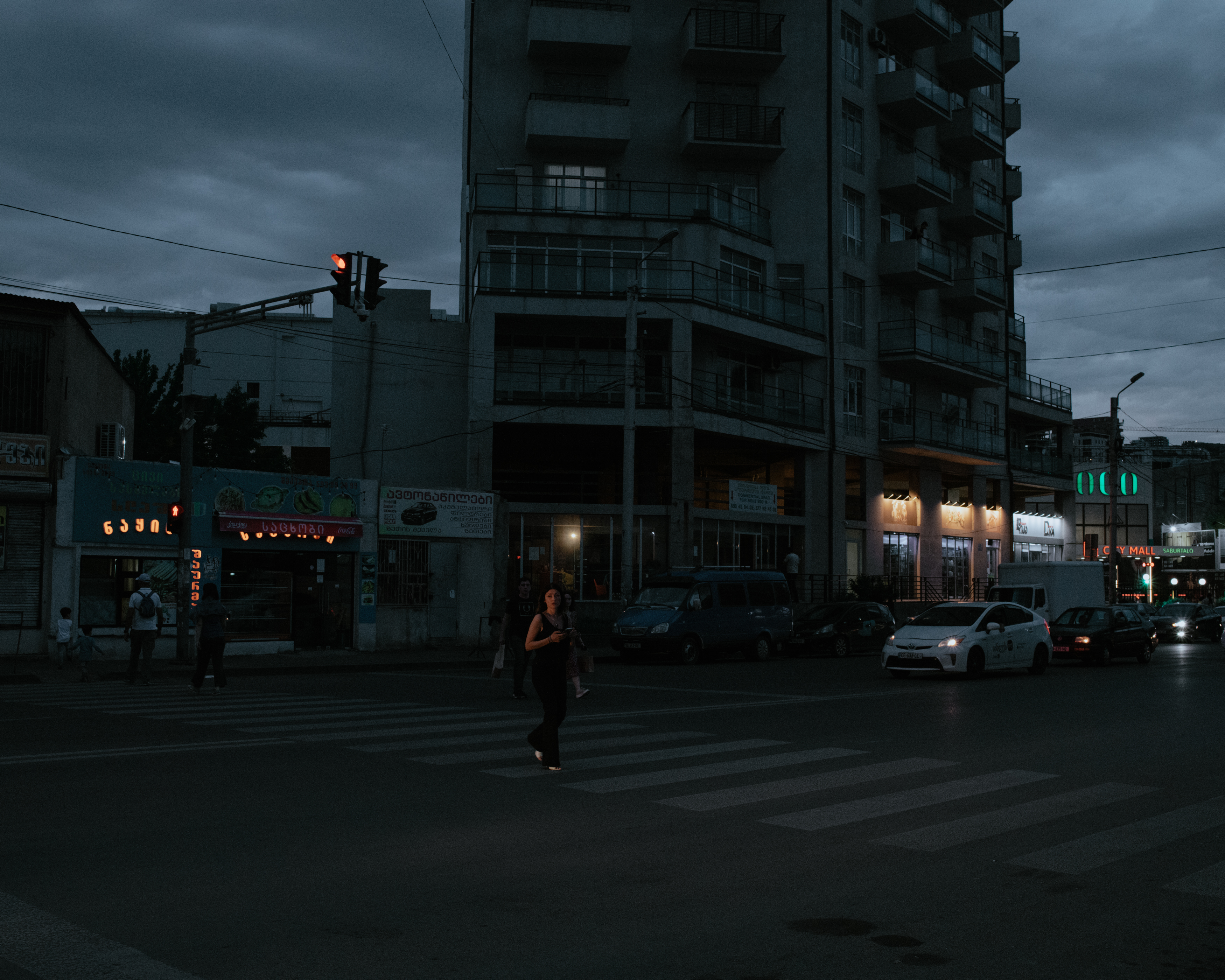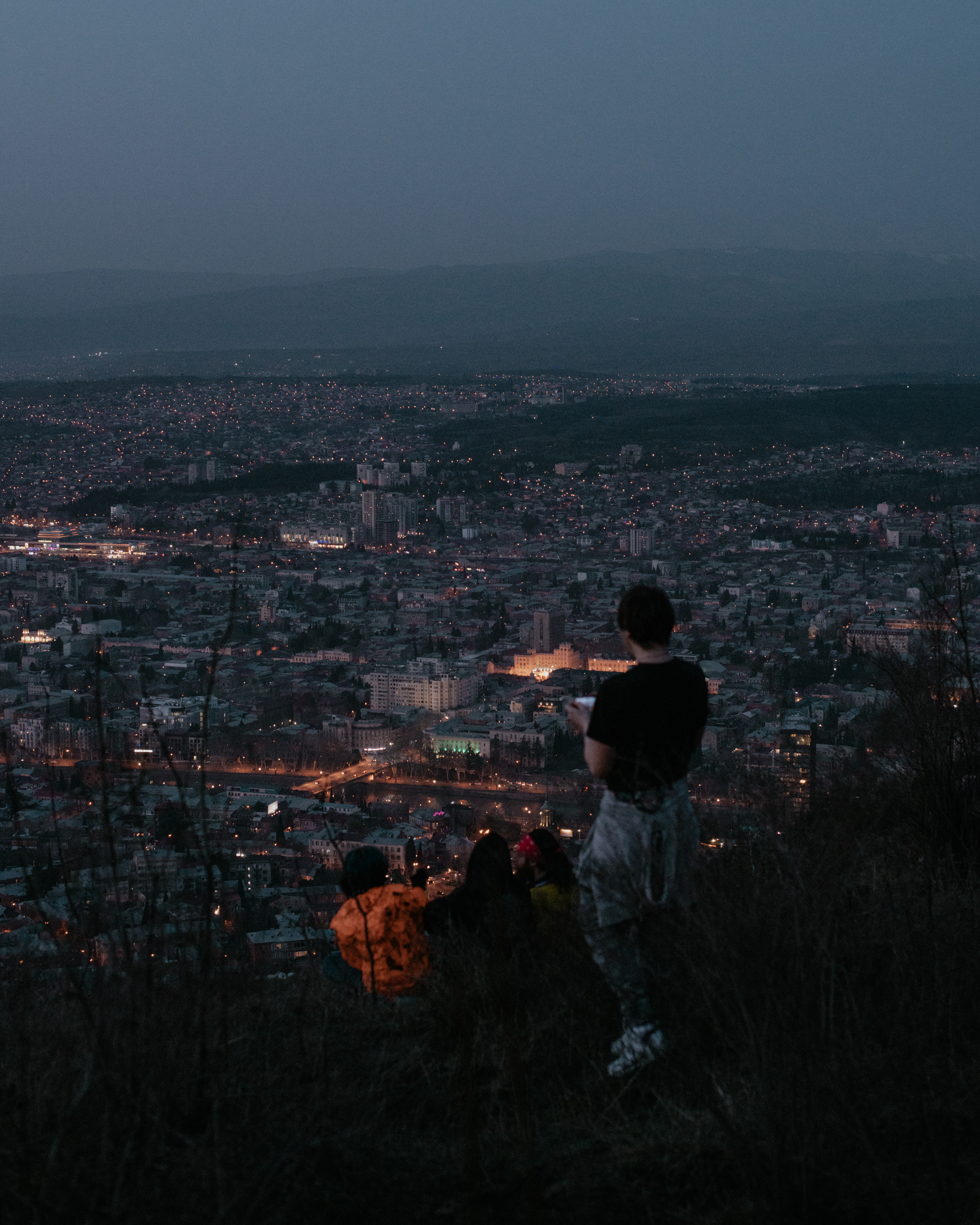In Georgia, the „new generation“ can be defined as those born after the end of communism in 1991. Since they grew up in a completely different system than their parents, their views differ far more fundamentally than it is the case in Western Europe, for example. They grew up in a world where the possibility for free decisions should have been a matter of course, but today they still have to deal with traditional values of society. Their parents were brought up to believe that other opinions are not allowed, which makes it difficult to dialogue with them. This also leads to many young people not feeling represented by the parties their parents vote for. Slowly, however, they are becoming more vocal, becoming politically active and voting for small, young parties. They demand a quick connection to the EU and many of them want to experience the freedom in which the European, young generations grow up.
Ongoing protests in 2018 have shown how emotionally Georgian youth react when they see their right to free expression restricted by the government. After several raids and the closure of two techno clubs in Tbilisi, up to 15,000 people gathered for protests in the following days, triggering a democracy movement. They see the government’s restrictive drug policy as a pretext for criminalizing political dissidents. And in general, an attempt to prevent the emergence of the scene and its liberal ideology. The techno culture stands for a life without rules, for freedom, openness and for diversity. These are all things that conservative forces in Georgia disapprove of and see as a breeding ground for disobedience and a threat to traditional structures.












